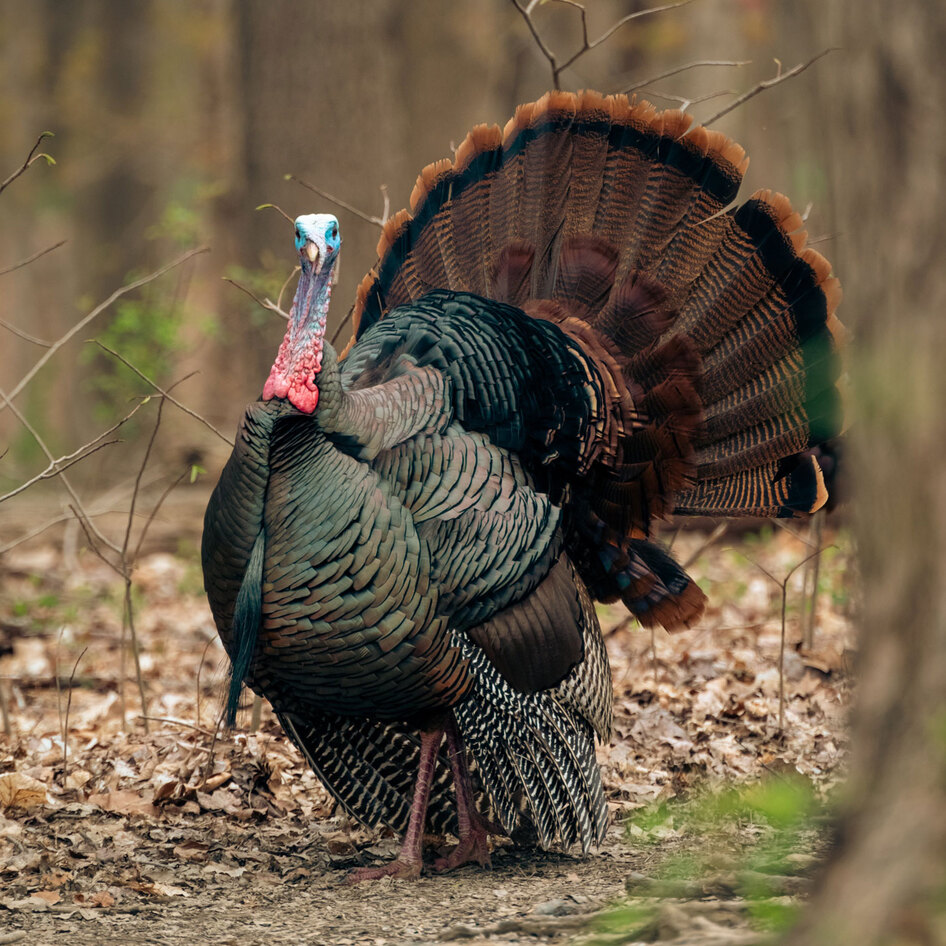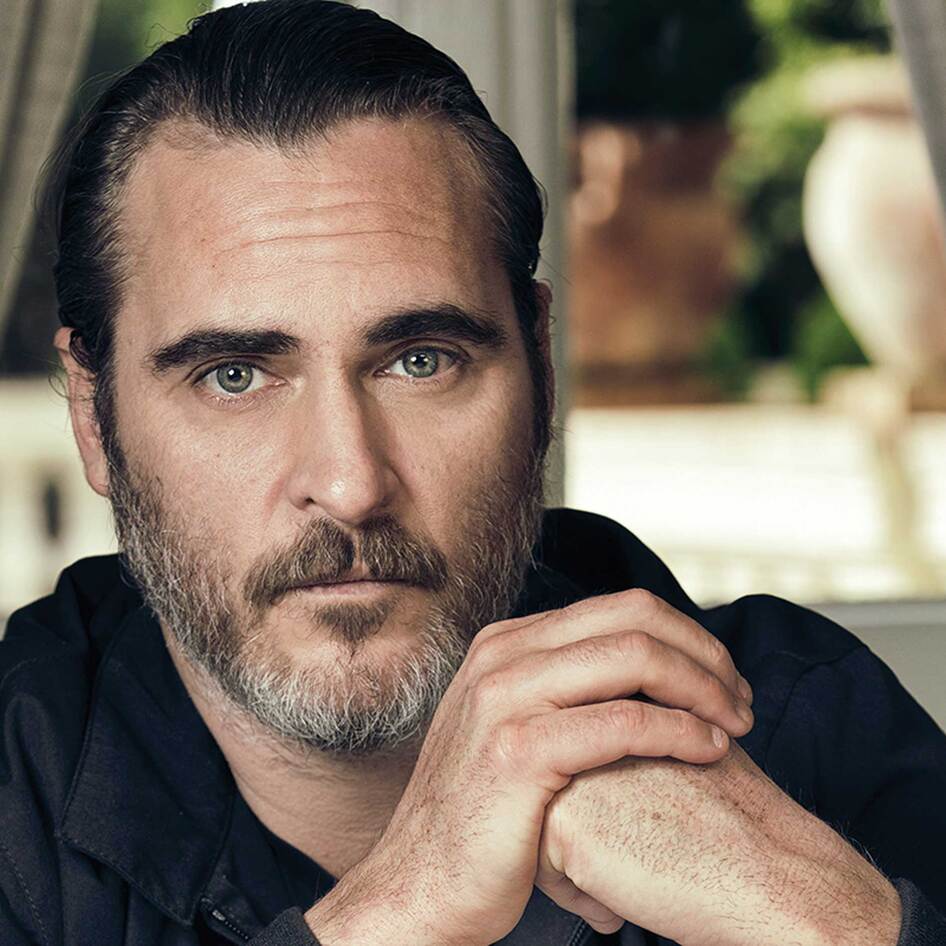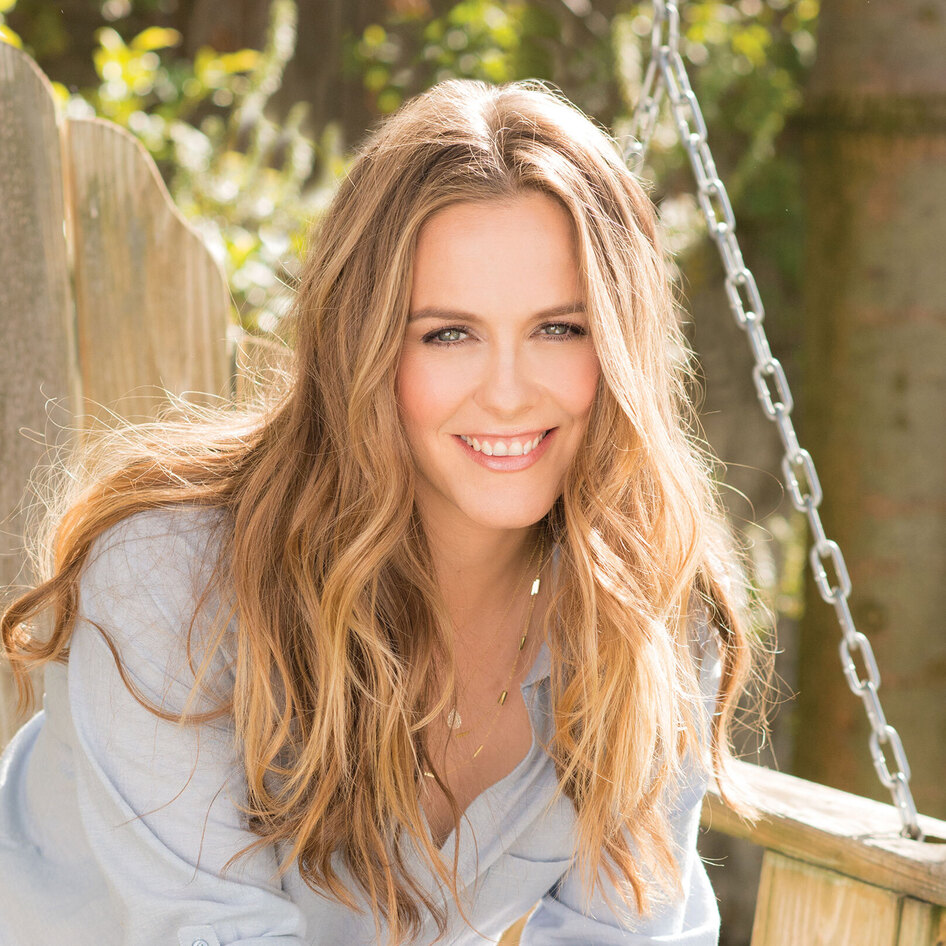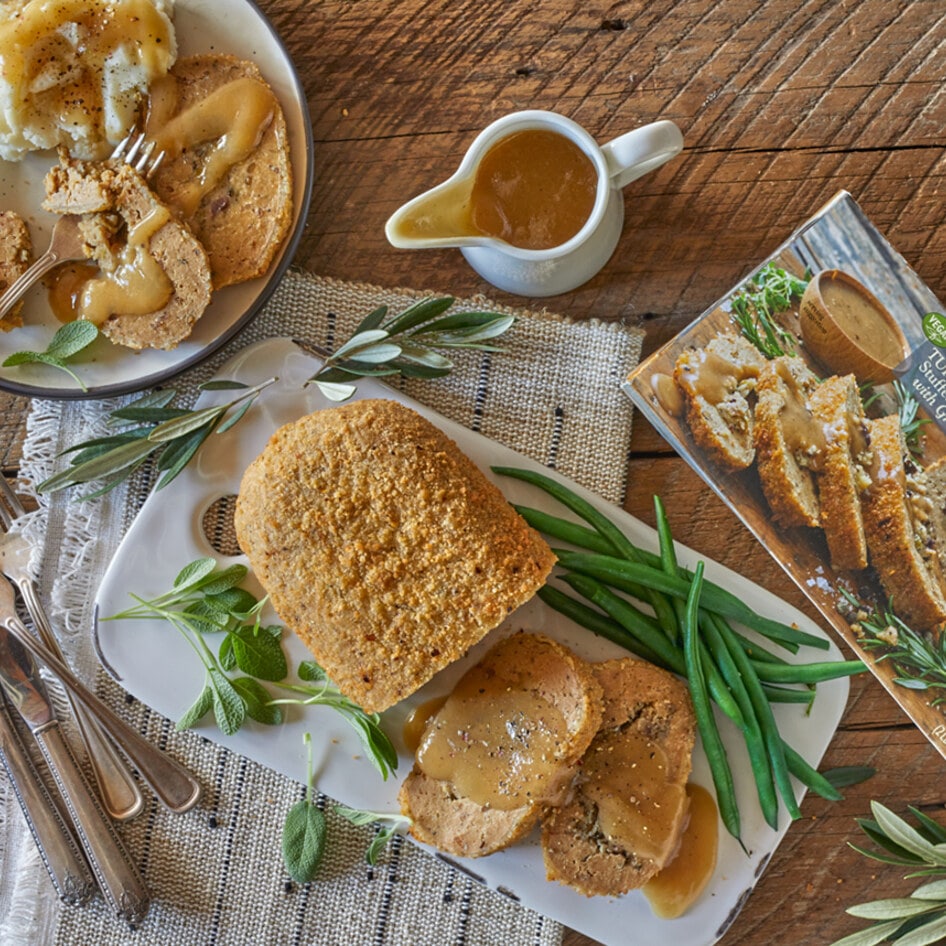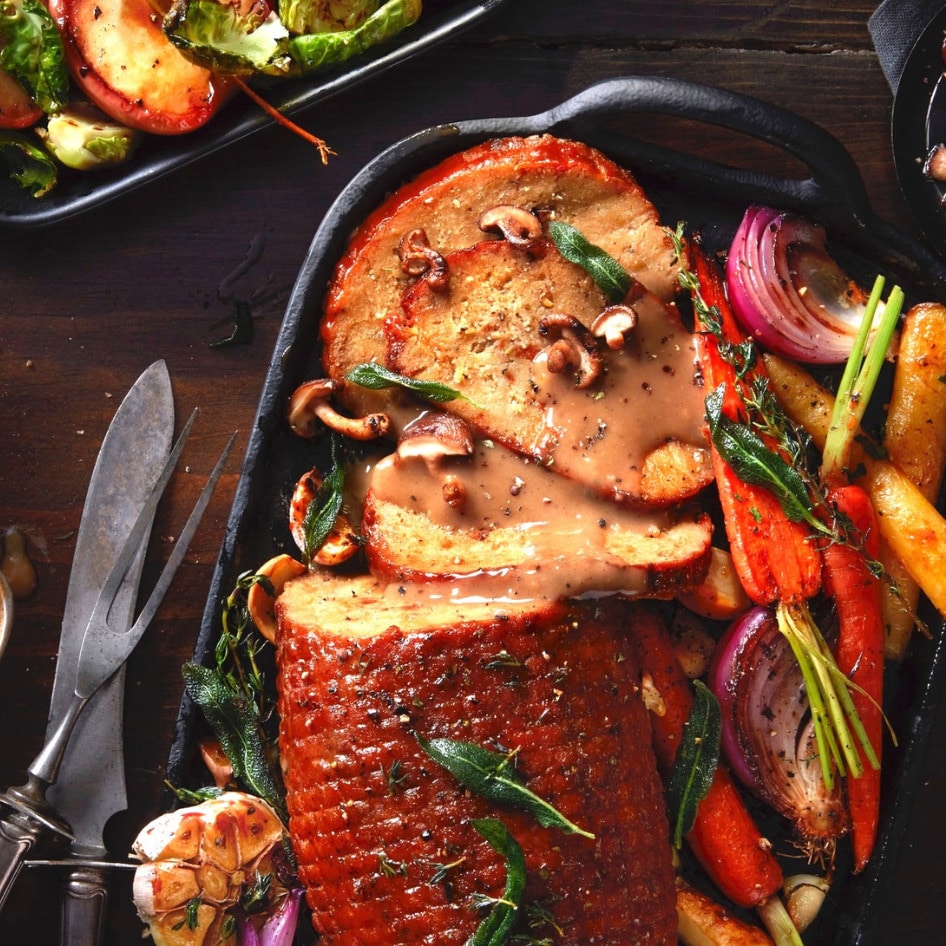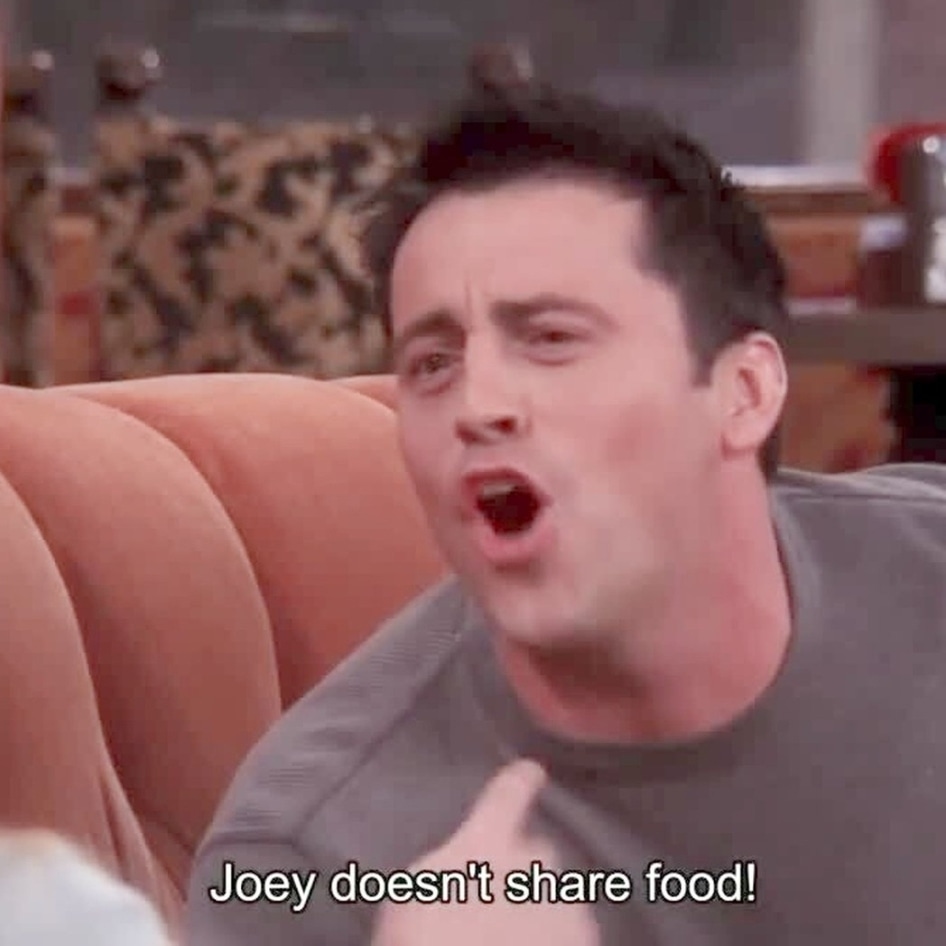We celebrate lots of things. Some holidays matter more than others, of course. There are those relevant to our history, traditions, and faith. There are others we celebrate, because, let’s face it, as a species, we’re inherently indulgent. And, lest we forget, our sacred corporations need holidays, too.
The celebrations rooted in religion bring with them a nod to something greater than the celebrator. They bring a call to contemplate, to take stock of our place in the universe. And as indulgent and superficial as many of us can be on holidays like Christmas or Easter, there is, ultimately, a humbleness—an underlying sense of our cellular stardust, a smallness–dare we call it meekness—all wrapped up and tied off with a bow.
But secular celebrations bring an entirely different ethos, typically rooted in nationalism. Independence Day sees us gloat over battles won long ago as we conjure patriotic relevance as an excuse to light the sky afire and drink too much on a weekday.
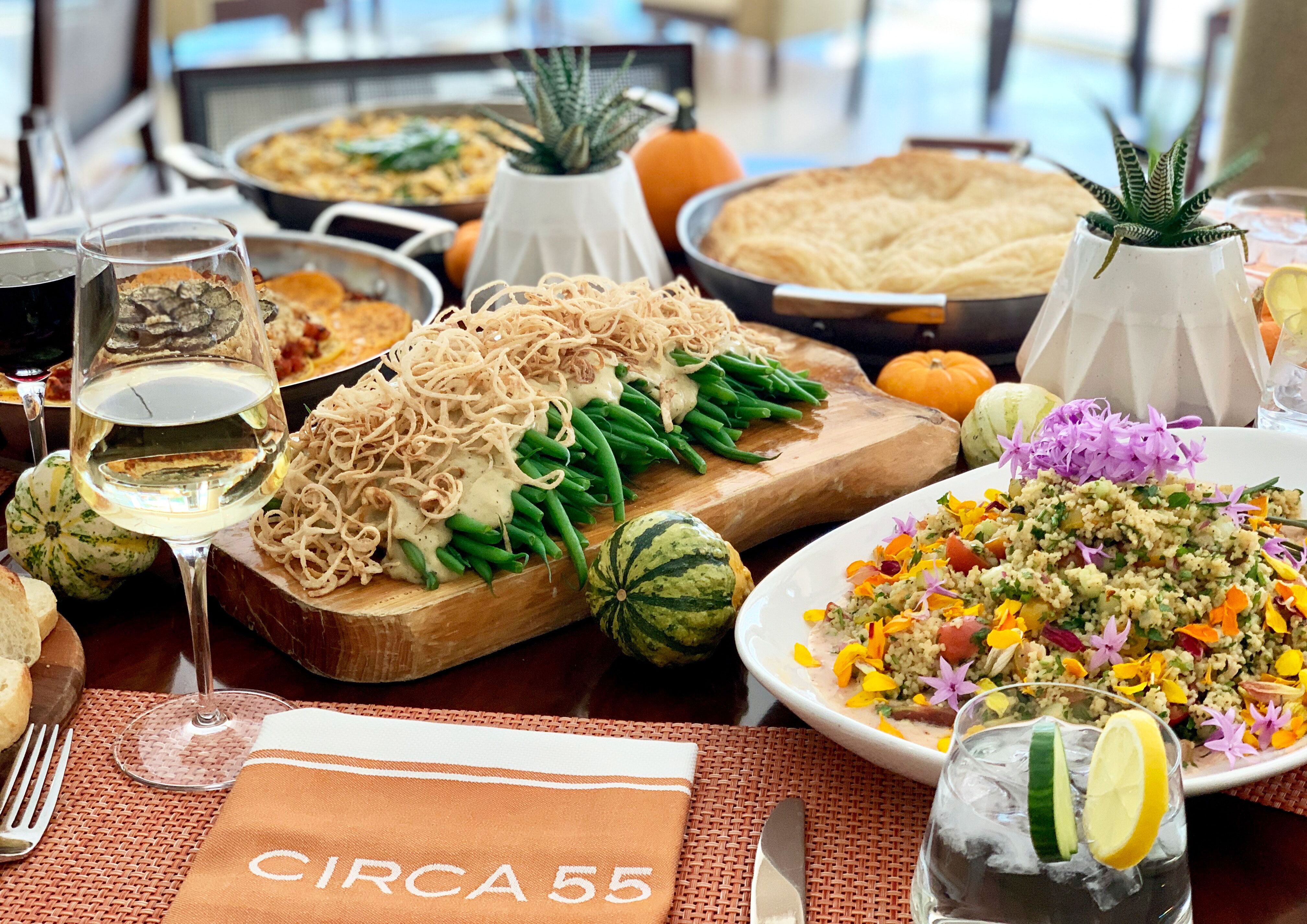 Beverly Hilton
Beverly Hilton
But for all the pomp that July 4th brings, Thanksgiving, our other most notably American celebration, is subdued. It’s the somber yin to that explosive summer yang. Blame the colder weather, the shorter days, maybe, but its gravity lies perhaps in the obligatory gathering around the table, fully surrendering to the tensions of family triggers, the discomfort of distended bellies, that all-too infrequent inward gaze as we ponder whether or not we’re thankful enough.
The Thanksgiving table
The turkey, the largest of the birds in the Meleagris genus, is native to the Americas. Benjamin Franklin offered the grandiose turkey and its wild, unapologetic plumage, its bright red wattle, both dignified and ridiculous, to be our national bird.
When Franklin made the case for the turkey over the bald eagle, he claimed it was a more “respectable bird,” a “true original” when compared to the thieving bald eagle. “He is besides, (though a little vain and silly ‘tis true, but not the worse emblem for that) a bird of courage,” Franklin wrote.
The founding father argued it was more worthy of recognition than the eagle, which holds the official title. The turkey, it seemed, had another destiny altogether: the symbolic sacrament of America’s stolen land.
If you grew up with a double-X chromosome assignment, it’s likely you were called to or felt obliged to spend much of Thanksgiving in the kitchen.
The women in my family woke before dawn, stuffed and basted, mashed and stirred between cigarette breaks, cooking until they nearly dropped as dusk began to loom. My grandfather would pull out the electric carving knife like a sword and lay claim to the bird for us all to feast on. My grandmother and aunts sat muted in exhaustion, too tired to ever fully enjoy the fruits of their labor.
An animal centerpiece is not unique to Thanksgiving; most meals still include meat in some form. Loins and roasts, whole chickens, and whole fish are commonly placed at the center of dinner tables—especially those in celebration. But there’s something about that Thanksgiving turkey, all dressed up in her basted demise. All those autumnal sides placed around her like offerings at an altar. It’s the stuffing bursting out of her from head to tail, those featherless wings tucked up neatly alongside her breasts as if she willfully sat down and sacrificed herself for our feasting.
What’s evident in the Thanksgiving turkey, more than our obsession with burgers or even steak, is the wholeness, the undeniable entity now soulless and rubbed with sage.
Going meatless
But things are changing.
Nearly one-third of Americans considered going meatless for Thanksgiving in 2019. As the pandemic gave way to spiking sales among plant-based foods—and the options increasingly abundant, those numbers are expected to rise again this year due to increased prices and an outbreak of avaian flu.
But, perhaps, Thanksgiving sees so many new meatless plates year after year because teenagers and young adults are more likely to experiment with meatless diets than their older family members. And if squeezing around a table with your immediate family does anything, elevating stress levels is quite near the very top. (Ahem, pass the wine.)
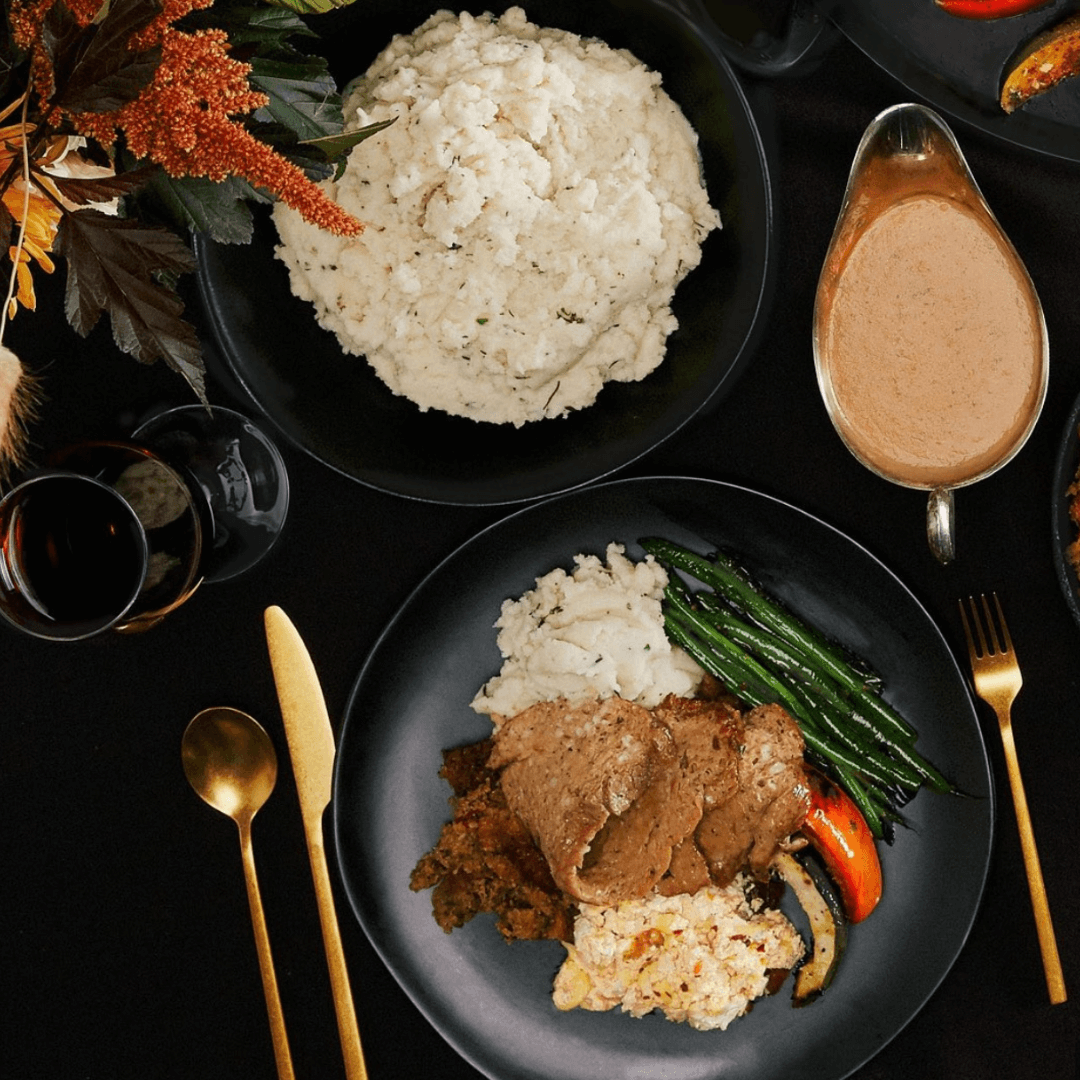 Plum Bistro
Plum Bistro
According to a poll conducted by the University of Michigan Mott Children’s Hospital, over half of parents with teenagers on a meatless diet said the diet choice is particularly stressful during the holidays. Teens will cling to their newly exercised identities during stressful times. Awkward uncles and 30-pound headless seasoned birds make it easy to lean into that new identity. After all, sweet potatoes don’t talk (or squawk) back.
But for many, it’s more than that. The significant insignificance of this meal becomes undeniable. Unlike religious traditions, say the bitter herbs eaten on Passover to signify the suffering of the Jewish people, there’s no moral or religious impetus to eat Thanksgiving turkey. No one angers the gods or sleights ancestors by skipping the meat. Perhaps that makes the killing of nearly 50 million Thanksgiving turkeys this year feel even more morally bankrupt. The sacrifice is only to our highly redacted history books—the Thanksgiving chapter already marred with injustice.
Animal welfare and moral values are among the top reasons people switch to a vegan diet after health and the climate. And while Thanksgiving is supposed to signify gratitude and abundance—the holiday centers around the autumn harvest—for many, it’s the opposite.
“It’s all about eating and the murder of these birds or other animals,” Patty Shenker, a 30-year vegan told the LA Times.
“I love the idea of giving thanks—I just don’t like the way we do it,” she said. “Thanksgiving has become a dark day for me.”
Add to that the controversy that hovers over the holiday—the brutal slaughter of Native Americans and stealing their land—and the turkey is an ever-more symbolic representation of force and destruction a growing number of people want no part in.
Raised for food
In the grand scheme of animal slaughter, humans currently consume far more fish and chicken, pork, and beef than turkey. Of the more than 55 billion land animals consumed every year, turkey is among the lowest; about 250 million, with 80 million of those spread out mostly around Thanksgiving, Christmas, and Easter.
But the ritualized feasting—the nearly 50 million consumed on a single day by more than 300 million people—brings with it the undeniable reality of animal slaughter. It’s a veritable Neo in the Matrix moment: which reality do we choose?
Philosopher Peter Singer, largely credited with sparking the modern vegan movement in his seminal 1975 book Animal Liberation says there’s been a new level of awareness in the decades since the book was released.
“A lot has changed, really,” he told Vox. “There has been a huge amount of change in awareness. Quite frankly, there is an animal movement now, which is concerned about all animals, not just about dogs and cats and horses.”
That awareness, which has sparked major legislative victories for animals raised for food, has also brought about big business.
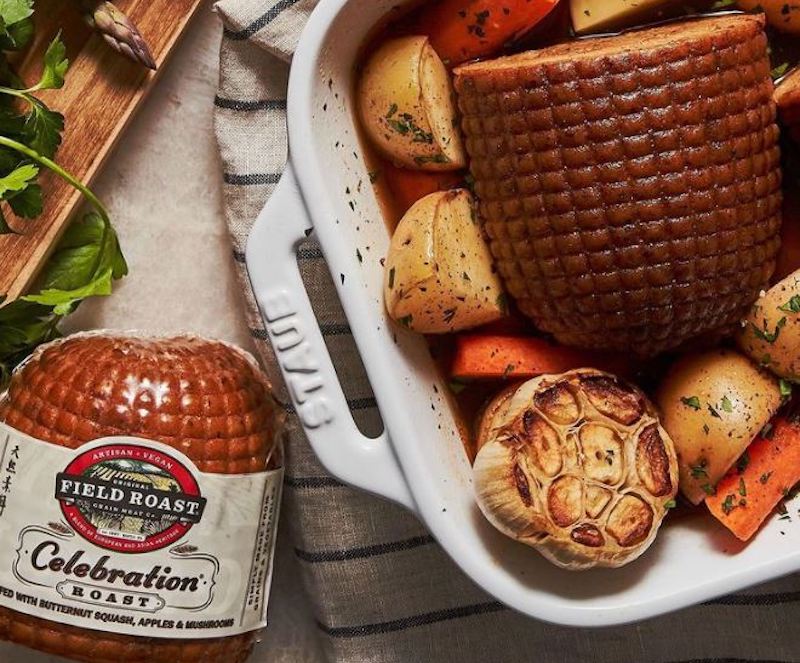 Field Roast
Field Roast
“[T]here’s a huge change in the availability of vegetarian and vegan food,” Singer said. “Nobody would have known what ‘vegan’ meant in 1975.”
In 2020, turkey alternative leader Tofurky reported a more than 25 percent spike in sales at mainstream retailers including Target, Walmart, and Kroger. Once the butt of Thanksgiving table jokes, Tofurky is a solid dinner contender, rivaled by offerings from a growing number of brands, including conventional meat companies getting in on the action.
“Going into the holidays, we’re seeing [a] great uptick in orders,” Dan Curtin, president of Greenleaf Foods, which owns Field Roast, told CNN in 2020. Greenleaf is a subsidiary of Canada’s leading meat conglomerate, Maple Leaf Foods. Curtin says sales of Field Roast’s holiday roasts are on the rise. “You don’t have to be just a plant-based food consumer only to try the product.”
The moral dilemma
Protesting animal exploitation is not new. Celebrities lend their names to all manner of animal rights causes. And they have long spoken out against Thanksgiving turkey slaughters. In 2018, filmmaker Kevin Smith went vegan after suffering a major heart attack. That shift ultimately led to a moral pivot as well.
“This’ll be the first year that we’re breaking the chain with bad tradition and nobody’s going to be eating any bird,” Kevin told Farm Sanctuary as he sat surrounded by rescued turkeys a few years back.
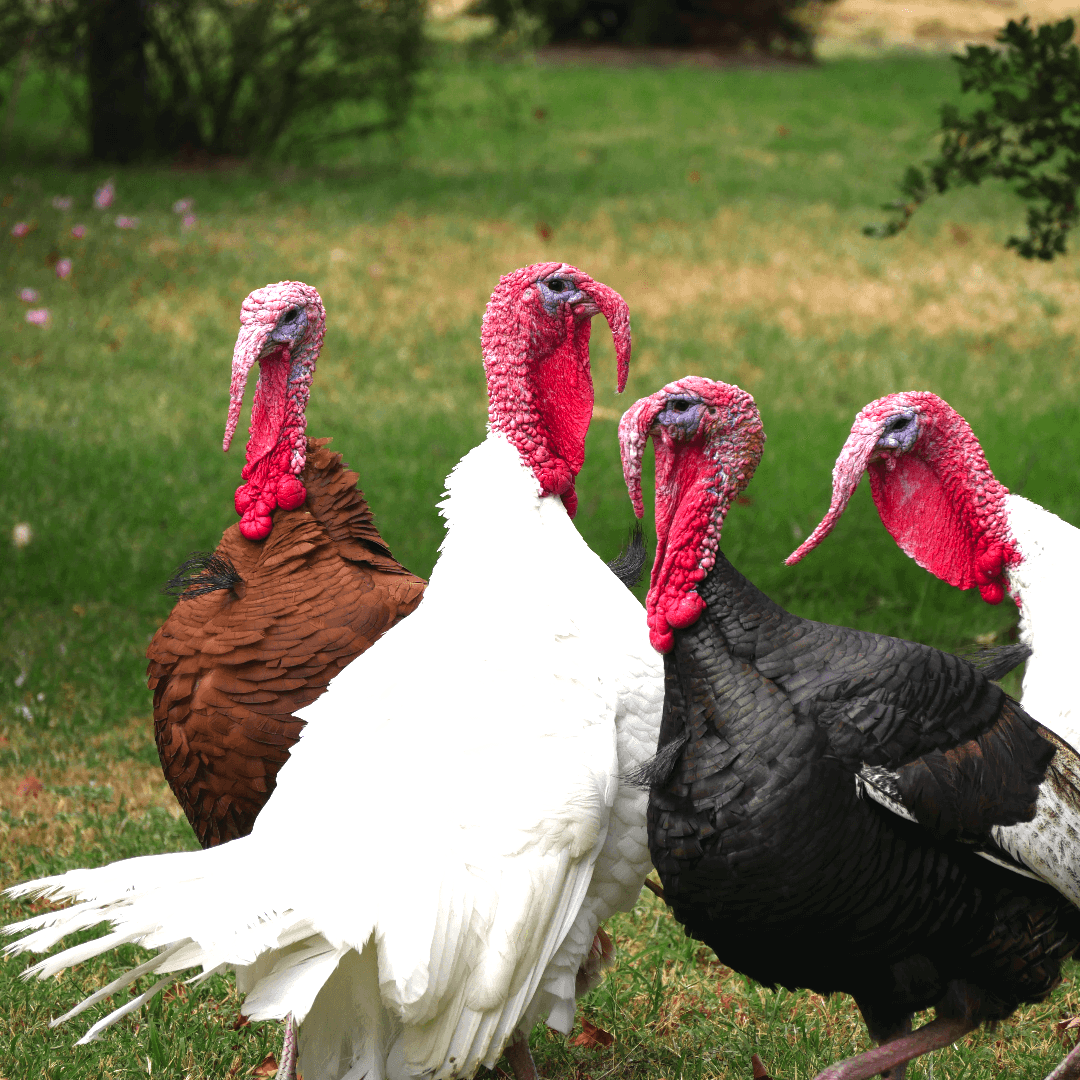 Mikkel Bergmann
Mikkel Bergmann
In 2019, Academy Award winner Joaquin Phoenix also urged his fans to go turkey-free. “I object to animal cruelty, environmental destruction, the exploitation of slaughterhouse workers, and the deep wounds inflicted upon rural communities by the factory farming industry,” the longtime vegan said.
Phoenix, who’s been vegan since age four, said that he would be celebrating a more compassionate Thanksgiving “by leaving turkey off” of his dinner plate in 2021.
That same year, Phoenix partnered with Billie Eilish in urging President Biden to allow pardoned turkeys to go live at a sanctuary.
“As we approach the holiday season—meant to be a time of gratitude and goodwill—we hope you’ll accept our offer to provide sanctuary and the best life possible for pardoned turkeys,” read the letter to the President.
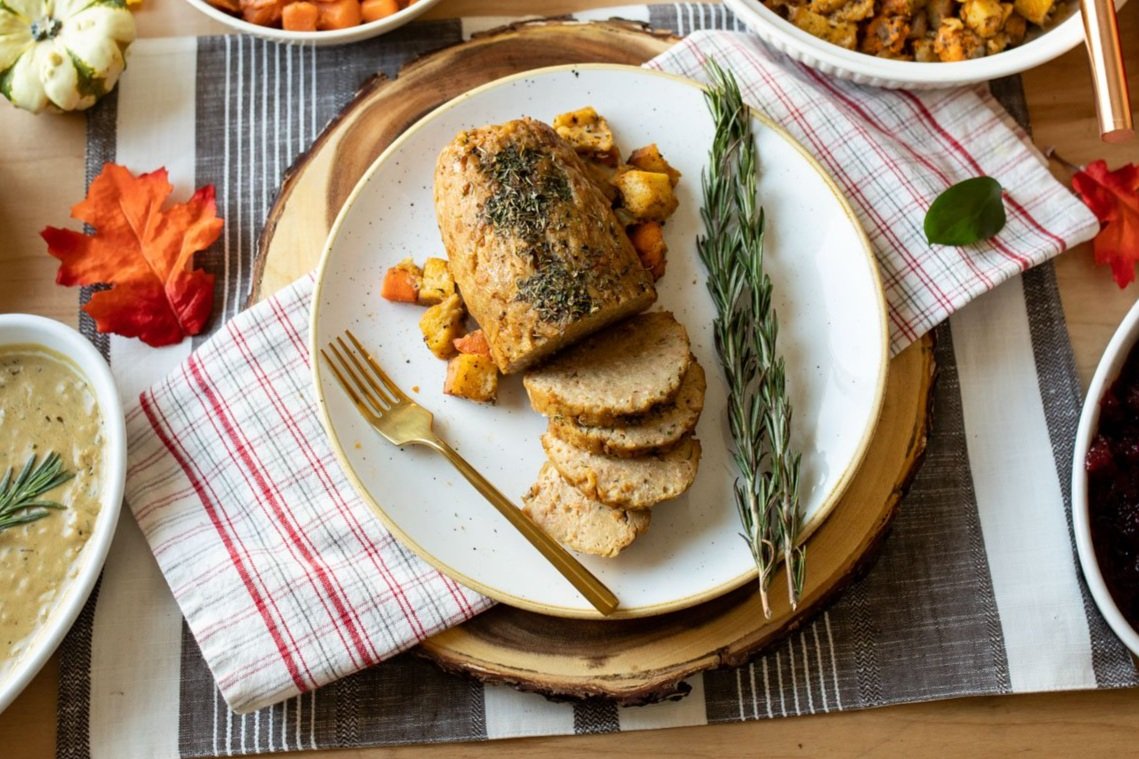 Watercourse Foods
Watercourse Foods
Singer says this moral impetus continues to remain relevant—even more so now. Denying the value, or, dare we call it the necessity of veganism, he says, removes us completely “from complicity in practices that are not morally defensible about the raising and killing of animals for food.”
Having choices is reason enough to be grateful, but many of us have so much else to be thankful for, especially these last few years. It’s only natural that these feelings of abundance and gratitude can make us ponder our moral codes, our ethics. The string of compassion unravels quickly, once we start to pull at it.
So, should we eat turkey on Thanksgiving or not?
The question certainly goes for any animal and any meal. But on this day, when there’s so much expectation around what’s eaten, the one thing we can be most thankful for, perhaps, is that unlike the bird at the center of so many tables, we get a choice.
For more about veganism and Thanksgiving, read:
JUMP TO ... Latest News | Recipes | Guides | Health | Shop



